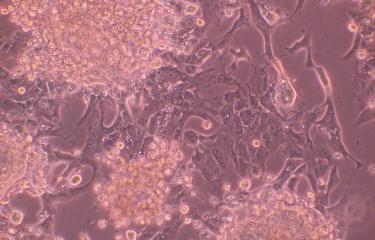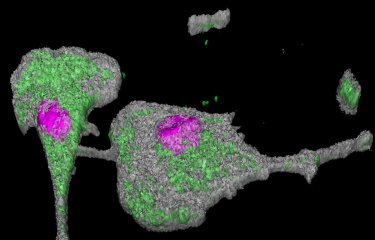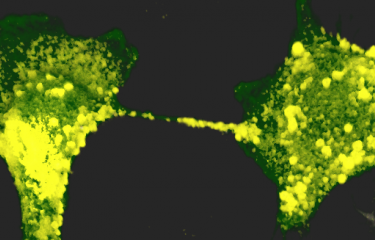Cause
MERS-CoV (Middle East Respiratory Syndrome Coronavirus) is a virus that appeared for the first time in Saudi Arabia in April 2012. Highly similar viruses have been found in bats, which may be the natural reservoir, although the dromedary is thought to be the intermediate host responsible for introduction into the human population.
Occasional transmissions to humans probably occurred during contact with dromedaries or via the consumption of raw camel’s milk. Person-to-person transmission occurs during close physical contact, via respiratory secretions.
Symptoms
The virus multiplies primarily in the lower respiratory tract, causing fever, a cough, breathing difficulties and sometimes gastro-intestinal problems. Diagnosis may be delayed by the non-specific nature of these symptoms, particularly in countries seeing this type of virus for the first time.
The incubation period is between 5 and 15 days. In Middle Eastern countries in which people are frequently in contact with dromedaries, some people may carry the virus without presenting symptoms.
MERS-CoV may be fatal in patients weakened by pre-existing pathologies, such as diabetes, renal failure, chronic pulmonary infection, or in those who are immunodepressed. The mortality rate is estimated at around 30%.
Epidemiology
MERS-CoV was identified for the first time in humans in Saudi Arabia in April 2012. Cases or outbreaks were subsequently reported in several countries throughout the Middle East. Since then there have been 1,219 cases, resulting in 449 deaths. Several cases have been reported in Europe, including two in France in 2013. The two cases were appropriately isolated at the University Hospital in Lille, thus preventing the virus from spreading.
In South Korea, the first confirmed case of MERS-CoV was recorded on May 20, 2015, in a patient returning from the Middle East. This case directly or indirectly contaminated over a hundred people in the hospitals in which it was treated. The fact that a large number of people pass through care institutions has exacerbated transmission. As of June 16, 2015, no case has been declared outside the hospital environment.
Treatment and prevention
To date no specific treatment is available to fight MERS-CoV. Patient care focuses solely on symptom relief.
In terms of prevention, and in the absence of a vaccine, it is advisable to avoid close contact with infected people in the Middle East, to avoid contact with dromedaries and their secretions and to refrain from consuming camel products (milk and meat). Elementary hygiene rules, such as regular hand washing, should also be observed.
Octobre 2015





